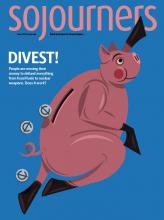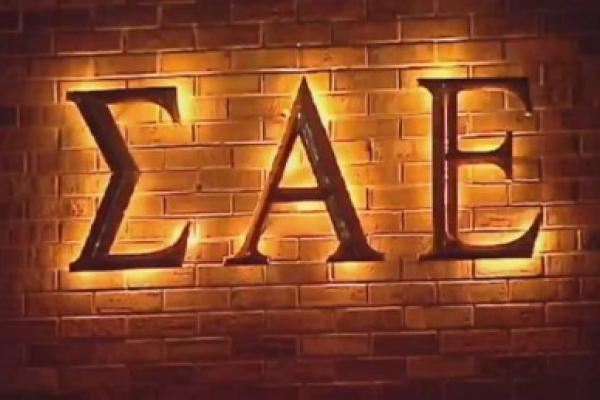EARLIER THIS year came a flurry of new horror stories about the abuses of human dignity that are, apparently, common in many of America’s college fraternities. First came the video from the University of Oklahoma in which a busload of “true gentlemen” of Sigma Alpha Epsilon are seen and heard spewing racist bile. Shortly thereafter the revelation that the Kappa Delta Rho chapter at Penn State had maintained a private Facebook page featuring nude photos of unconscious young women became national news.
The old saying “Once a frat boy, never a man” may be just another sweeping stereotype. But the evidence is mounting that many of the nation’s fraternity houses are the breeding ground for an exclusive culture of entitlement and impunity that their mostly white, upper-class members carry into their future roles in the elite circles of business and government.
It should be noted that when we talk about “fraternities,” we are really just talking about the historically all-white social organizations with Greek-letter names. Historically black fraternities have their own problems, especially with hazing, but they have experienced nothing like the epic bad behavior found among their paler brethren.
Read the Full Article

